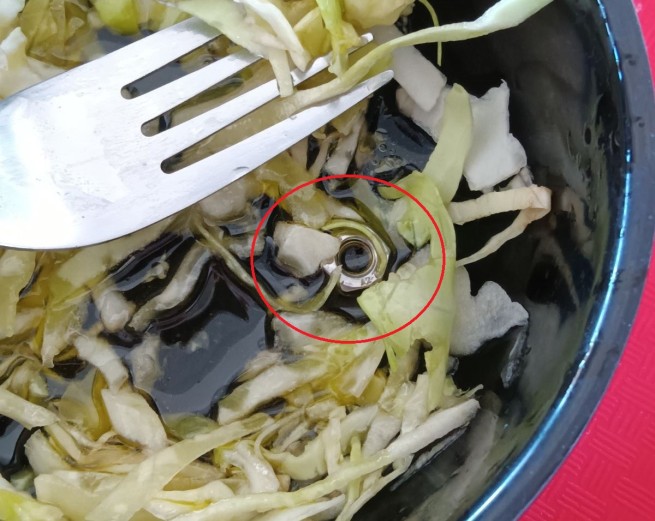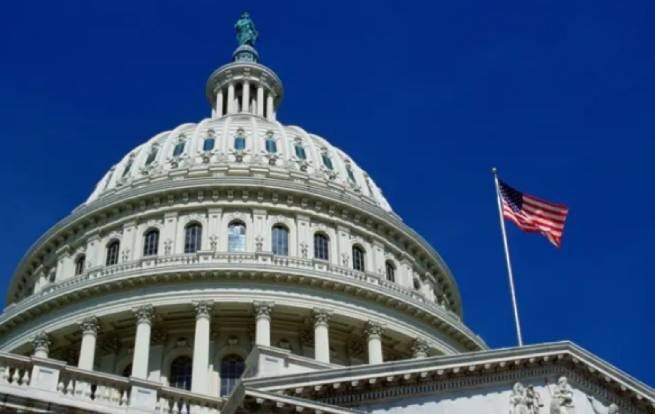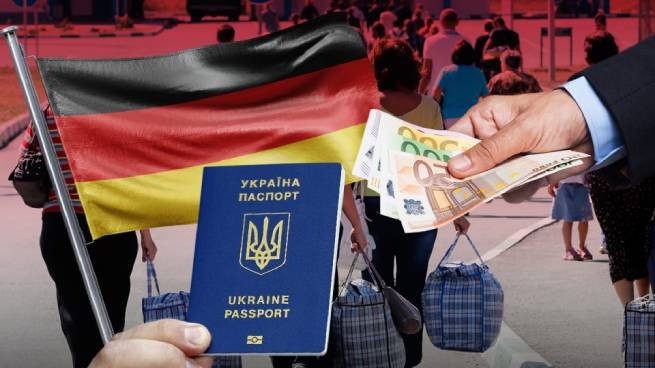How the Greek minks live in a pandemic and whether the best way out in this situation is to destroy them, the journalists figured out.
Last year, following the discovery of coronavirus-infected animals, Denmark announced an unprecedented decision – the destruction of 17 million minks. Spain and the Netherlands followed suit, also deciding to prevent the spread of COVID-19 and infecting people. Greece has chosen its own path.
In the north of Greece there is a large European center for the fur industry. Nevertheless, the region, where there are 80 farms for breeding one and a half million minks, can quite be called one of the poorest. Euronews journalists, during the preparation of the UNREPORTED EUROPE program, were allowed to visit one of the farms and see everything with their own eyes. True, the conditions were strict, including the presence of negative PCR tests. Breeder Nicole Baudouin says:
We were very surprised that these animals are so sensitive to the covid virus. People immediately began to wear masks and wash their hands. They did not work in pairs under the same shed. So we have tried to do our best to keep the coronavirus out of the area. And now all the mink farms here are vaccinated.
Moreover, all animals are regularly tested, as recommended by experts from the European Center for Disease Prevention and Control. In Greece, unlike other countries, sick minks are not culled, but simply isolated, and experienced specialists closely monitor the development of the disease. Veterinarian Zoe M. Tomu says:
If we find animals with a positive reaction to covid, then a quarantine protocol is introduced on the farm. We do not kill animals. We support sick animals in every possible way. We know that a sick animal can develop immunity. After a while, the virus ceases to exist altogether. But this needs to be studied better so we can be sure.
The fur industry in Kastoria alone provides work for 60% of the population. The tannery, owned by Akis Tsukas and the head of the Kastorian Fur Association, processes about a million valuable skins every year. And without this type of activity, the region simply will not survive. Mr Tsukas says:
This sector employs thousands of workers. There is a breeding sector, and there is a processing sector that produces ready-made clothes and fur coats. There are more than 2 thousand companies in this area. Among them are small family businesses as well as large companies.
Fur products are developed and produced by skilled craftsmen, 18 thousand fur coats are annually sent to the markets of Switzerland, Russia, Monaco, Ukraine. The export of valuable fur brings in about 200 million euros to the Greek treasury every year. Seller Dimitros Kostopoulos says:
There is a demand. In many countries, due to the cold conditions, there is a real need for furs. Fur cannot be replaced by any other material or clothing.
The pandemic has made its own adjustments to the fur business, forcing the authorities to balance between preserving the income of thousands of families and ensuring the health of the population. Georgios Vavlijaras, Regional Vice Governor for Business Development of West Macedonia, tells reporters:
Fur is the main source of income here. We can say that this is a monocultural economy, because all other sectors also live and grow from fur. Therefore, it would be a very heavy blow for us to lose him. This would create serious problems. At the same time, we encourage local people to do other jobs. We want to convince people to turn to other industries. The goal is for young people to stay in the area and work. We also want those who left to return home.
However, there is also an alternative point of view. Environmental groups traditionally opposed to fur farms say the coronavirus pandemic is exacerbating the suffering of minks. The journalists met and talked with Stavros Karageorgakis, an expert on animal ethics and an opponent of fur farming, a visiting lecturer at the Aristotle University of Thessaloniki. And this is what he said:
During a pandemic, the conditions for keeping these animals become even worse. They simply cannot avoid being infected by the virus, because they are in small cells, in a limited area. Under other conditions, they could develop immunity, but in cells they cannot, unfortunately.
Breeding of fur animals is prohibited or gradually reduced to a complete cessation in various countries of the European Union, regardless of economic potential. Legislative proposals to ban fur farming are being considered and applied. But Greece is not one of them. Although Stavros Karageorgakis persistently convinces that the vacated space after the closure of this industry could be successfully occupied by other types of activities – the service sector, agriculture, tourism:
I think the European Union can play a decisive role in this ominous reality that we are all experiencing. It is enough just to ban the fur industry in all European countries, in all member states. Of course, local residents need motivation and encouragement, because they will be bled financially. They must be offered alternatives through appropriate programs in order for this brutal practice to end.
Nicole Baudouin, a mink breeder from a farm visited by journalists, notes bitterly:
Some people use every excuse to speak out against the fur. It’s not just covid. It’s about cells and how animals are treated. They use every opportunity they have to plunge us into darkness.
The pandemic has exacerbated many of the existing problems in the fur industry, not only in Greece, but also in other countries. Difficult debates continue: environmentalists are calling for a fight for animal welfare, producers are keen to preserve their income, artisans are keen not to lose traditional skills, and the authorities, as mentioned above, are trying to balance …






More Stories
Flood victims in Thessaly will pay property tax (ENFIA)
Fines of 1.5 million euros for 11 large retail chains, including Leroy Merlin, Attica and JYSK
Reuters reveals what the Mitsotakis government doesn't want to talk about: “Huge debt – low wages”